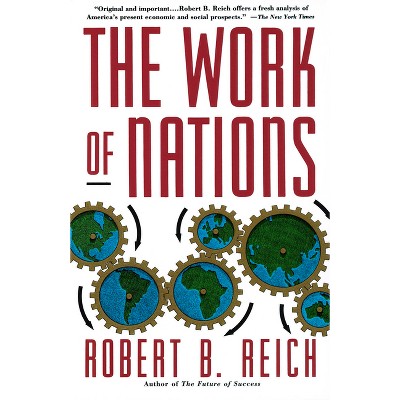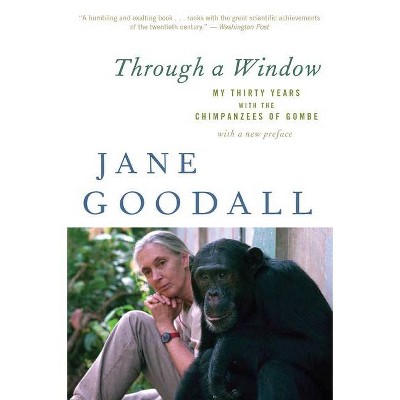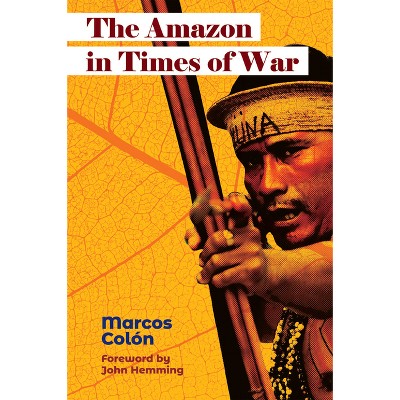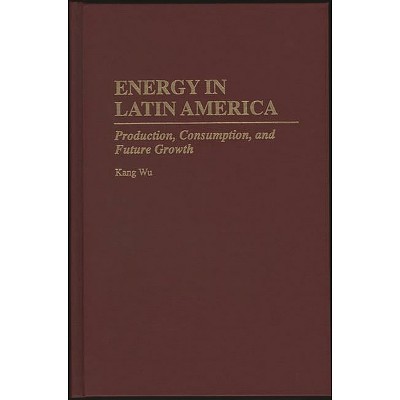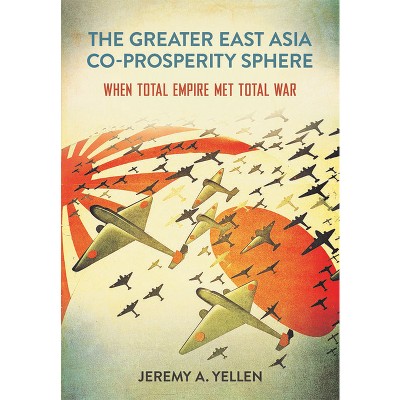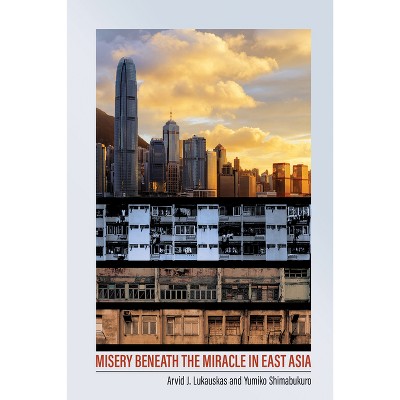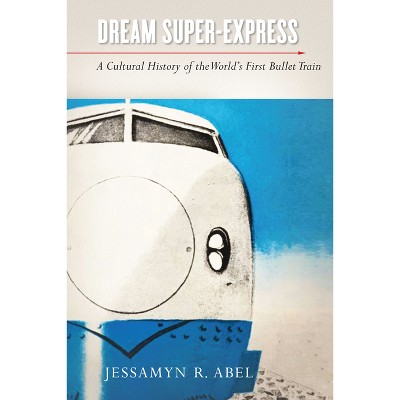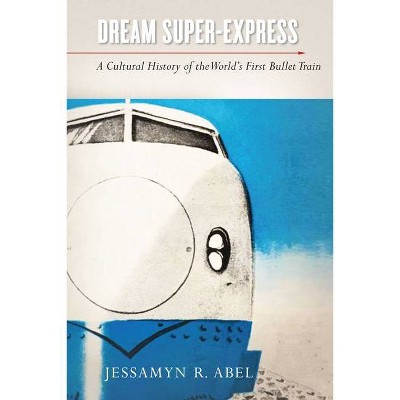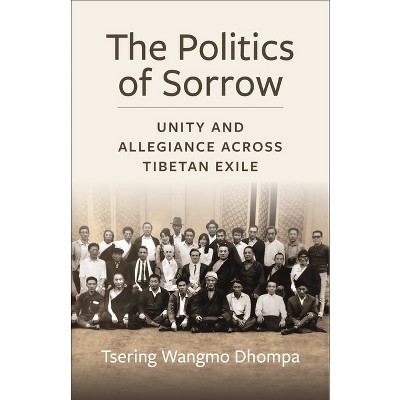Sponsored

A Medicated Empire - (Studies of the Weatherhead East Asian Institute, Columbia Un) by Timothy M Yang (Paperback)
In Stock
Sponsored
About this item
Highlights
- Winner of the 2022 Hagley Prize in Business HistoryIn A Medicated Empire, Timothy M. Yang explores the history of Japan's pharmaceutical industry in the early twentieth century through a close account of Hoshi Pharmaceuticals, one of East Asia's most influential drug companies from the late 1910s through the early 1950s.
- About the Author: Timothy M. Yang is Associate Professor of History at the University of Georgia.
- 354 Pages
- History, Asia
- Series Name: Studies of the Weatherhead East Asian Institute, Columbia Un
Description
Book Synopsis
Winner of the 2022 Hagley Prize in Business History
In A Medicated Empire, Timothy M. Yang explores the history of Japan's pharmaceutical industry in the early twentieth century through a close account of Hoshi Pharmaceuticals, one of East Asia's most influential drug companies from the late 1910s through the early 1950s. Focusing on Hoshi's connections to Japan's emerging nation-state and empire as well as the ways in which it embraced an ideology of modern medicine as a humanitarian endeavor, Yang shows how the industry promoted a hygienic middle-class culture that was part of Japan's national development and imperial expansion.
Yang demonstrates that the company's fortunes had less to do with scientific breakthroughs and medical innovations than with Japan's web of social, political, and economic relations. He lays bare Hoshi's business strategies and its connections with politicians and bureaucrats, and he describes how public health authorities dismissed many of its products as placebos at best and poisons at worst. Combining global histories of business, medicine, and imperialism, A Medicated Empire illuminates how the development of the pharmaceutical industry simultaneously supported and subverted regimes of public health at home and abroad.
Review Quotes
A Medicated Empire will be essential reading for scholars of the history of medicine in East Asia as well as for those interested in Japan's modern history in general. But the book is readily accessible to nonspecialists and should be read by anyone interested in the connections between drugs and capitalism.
-- "Social History of Alcohol and Drugs"A Medicated Empire is a significant addition to the scholarship in modern Japanese history and the history of the Japanese Empire. Yang's work is also pioneering in the history of medicine in Japan, since scholars have tended to focus on doctors and governmental medical policy while paying little attention to the pharmaceutical industry.
-- "East Asian Science, Technology, and Society"A Medicated Empire provides an important addition to our knowledge of the so-called self-made men of the Meiji period.
-- "Pacific Affairs"Beautifully written and packed with insights that remain relevant for today, A Medicated Empire seamlessly weaves together the global histories of drugs, capitalism, and imperialism. The book is essential reading for scholars of modern Japan and the history of science and medicine. Business students may also find Hoshi an instructive case of the dangers of overextension, reputational damage, and the failure to plan for corporate succession.
-- "European Journal for the History of Medicine and Health"Drawing from the archives of Hoshi Pharmaceuticals, Yang has written a thought-provoking history of the pharmaceutical industry in Japan. This important and readable book provides insights into the history of not only Japan but the modern world.
-- "Choice"In an era when big pharma is frequently the subject of news media, either as a panacea for or a catalyst of epidemics, Timothy M. Yang's book, A Medicated Empire: The Pharmaceutical Industry and Modern Japan, is a welcome reminder that the connections between the industry and the state, which relies upon and benefits from the industry's workings, are nearly as old as the nations the industry undergirds.
-- "Journal of Japanese Studies"Yang's exciting and innovative text looks at how Hoshi Pharmaceuticals and the consumer medicine industry created a disciplined citizenry capable of monitoring its own health through over-the-counter drugs. The production of a populace that could manage its own health gave individuals the impression of autonomy, even as it further enmeshed them in the state's promotion of capitalist development. In this fashion, a focus on Hoshi allows Yang to connect histories of biopolitics and social control with histories of consumption and capitalism.
-- "Journal of Asian Studies"Yang's work is important in understanding the extent to which companies acted as agents of modernity and imperial expansion. Given the attention that the pharmaceutical industry has received over the past few years, this book comes at an important time.
-- "Business History Review"About the Author
Timothy M. Yang is Associate Professor of History at the University of Georgia.
Shipping details
Return details
Trending Non-Fiction





